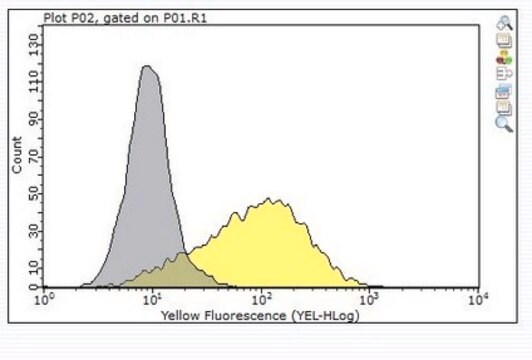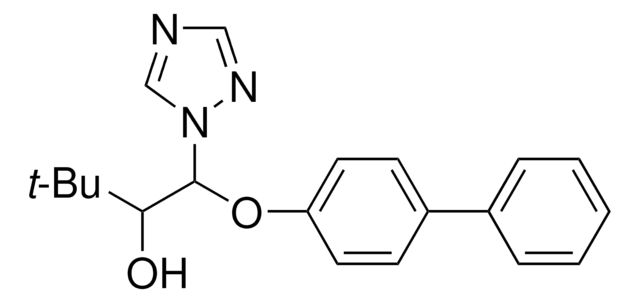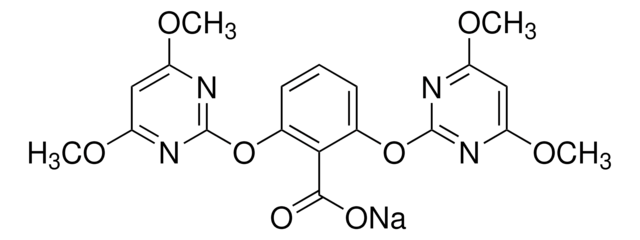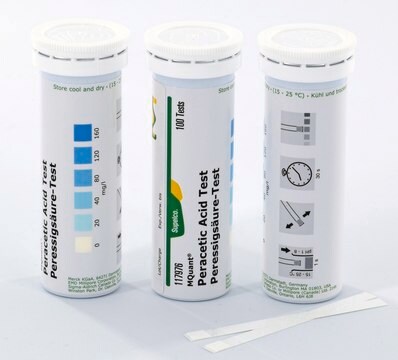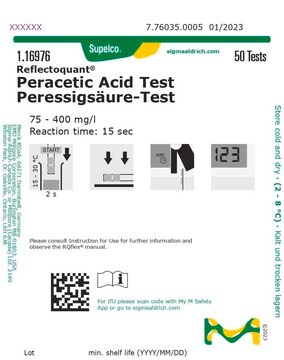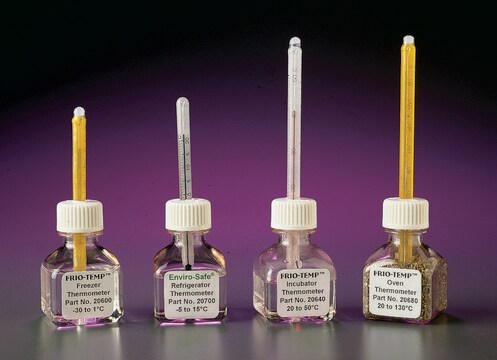MABT1331
Anti-ADAM 12 Antibody, clone 6E6
clone 6E6, from mouse
Synonym(s):
Disintegrin and metalloproteinase domain-containing protein 12, Meltrin-alpha
About This Item
ICC
IP
WB
immunocytochemistry: suitable
immunoprecipitation (IP): suitable
western blot: suitable
Recommended Products
biological source
mouse
antibody form
purified immunoglobulin
antibody product type
primary antibodies
clone
6E6, monoclonal
species reactivity
human
packaging
antibody small pack of 25 μg
technique(s)
flow cytometry: suitable
immunocytochemistry: suitable
immunoprecipitation (IP): suitable
western blot: suitable
isotype
IgG1κ
NCBI accession no.
UniProt accession no.
target post-translational modification
unmodified
Gene Information
human ... ADAM12(8038)
General description
Specificity
Immunogen
Application
Western Blotting Analysis: A representative lot detected ADAM 12 in Western Blotting applications.
Immunoprecipitation Analysis: A representative lot immunoprecipitated ADAM 12 in Immunoprecipitation applications.
Immunocytochemistry Analysis: A representative lot detected ADAM 12 in Immunocytochemistry applications.
Flow Cytometry Analysis: A representative lot detected ADAM 12 in Flow cytometry applications.
Apoptosis & Cancer
Quality
Immunocytochemistry Analysis: A 1:250 dilution of this antibody detected ADAM 12-DeltaCyt in MCF-7 cells.
Target description
Physical form
Storage and Stability
Other Notes
Disclaimer
Not finding the right product?
Try our Product Selector Tool.
Certificates of Analysis (COA)
Search for Certificates of Analysis (COA) by entering the products Lot/Batch Number. Lot and Batch Numbers can be found on a product’s label following the words ‘Lot’ or ‘Batch’.
Already Own This Product?
Find documentation for the products that you have recently purchased in the Document Library.
Our team of scientists has experience in all areas of research including Life Science, Material Science, Chemical Synthesis, Chromatography, Analytical and many others.
Contact Technical Service